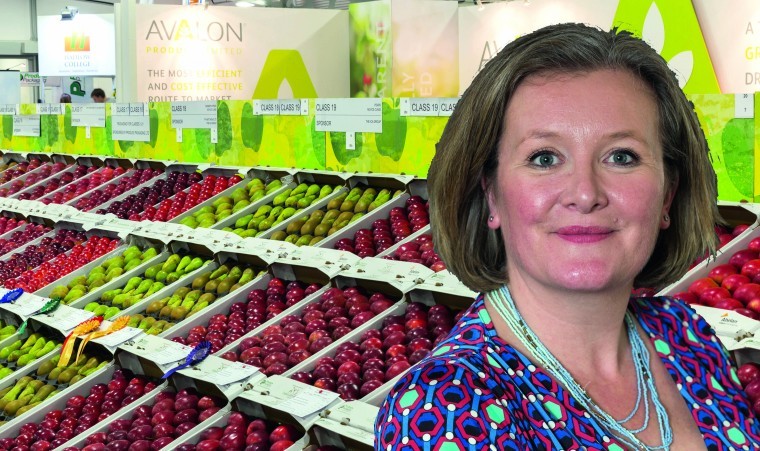There is no easy way to start this conversation: someone you are close to is struggling with mental health issues. It might even be you; one in six working age people have a diagnosable mental health condition.
As summed up by Sir Norman Lamb: “The truth is that it is in their self-interest for companies to focus on the health and wellbeing of their workforce. If we improve workplace practices, we can have a positive impact on employees’ well-being, but we can also reduce sickness absence and reduce the problem of presenteeism, thereby increasing productivity.
“It’s a win-win for everyone. So, my message is act now. Don’t delay.”
Now think about how difficult the past three months have been for everyone; how many jobs have changed, how the pressures of work have increased exponentially or disappeared entirely.
If you are working, how often have you felt jealous of the person who was furloughed? How overwhelming work can seem with the additional pressures we all now face. For the furloughed person, how insecure life must feel right now; not required currently, and will their role survive the inevitable crash we are facing?
On the 11 June I chaired a webinar about mental health, the fourth of the RED (Rural Economic Development) talks set up by the new Rural Policy Group. It made me stop and think about the behaviour of those around me, what we might all be facing and how we might best care for ourselves, and others, as it becomes more apparent what level of fallout we are going to experience post-pandemic.
One of the best statements to come out of the webinar was from Duncan Cochrane-Dyet of MHA MacIntyre Hudson. It applies to every organisation, not just to one that perceives itself as corporate: “Mental Health awareness and concern should not be another corporate initiative, it should be part of the culture of the organisation. ‘Know your colleague’ is as important to success as ‘know your customer’.”
Just think how life on fruit farms has changed suddenly. Almost all those teams that have come back year on year, who know how the job needs to be done, where everything is and how it works, haven’t been able to travel; instead there is an avalanche of new people who have absolutely no idea what they are doing or how hard the job is going to be and are very (very) expensive to have as part of the business.
Cracks must be appearing, health must be suffering – and when that is multiplied throughout our supply chains at every level as every business is impacted by rapid, unexpected change, there are bound to be issues.
The big challenge is that we need a seismic shift. Most people think that healthcare is an opportunity to deal with a specific problem, something we just do (we talk to a doctor, we take a pill and we expect the issue to be dealt with).
The mental health continuum image on this page addresses the identification of issues and how we might help. In all sectors at the moment we are starting to see the impacts of stress and trauma setting us into an autonomic ‘fight or flight’ response – racially, politically or socially motivated rioting included.
We need to build an acceptance societally that we all need time to rest and reflect, that we cannot work flat out all of the time just hoping that nothing breaks. It’s one thing saying that you think your family is pre-disposed to issues because of a family history; it’s completely another to suggest that your environment and adulthood are the only factors that influence your resilience to mental health issues.
Dr Rob Verkerk, of the Alliance for Natural Health, argues that our biological potential in everything starts from pre-conception (our biologically given potential, or BGP). In other words, even the food our parents eat and other aspects of their environment affect our lives before we are even born.
We as farmers have a role to play in ensuring that our high quality, safe and sustainable locally produced food is helping to increase someone’s potential to cope with stress and their response to it, and that a healthy diet throughout life (and it’s never too late to start) is not just about a long and physically healthy life, but also about good mental health too.




